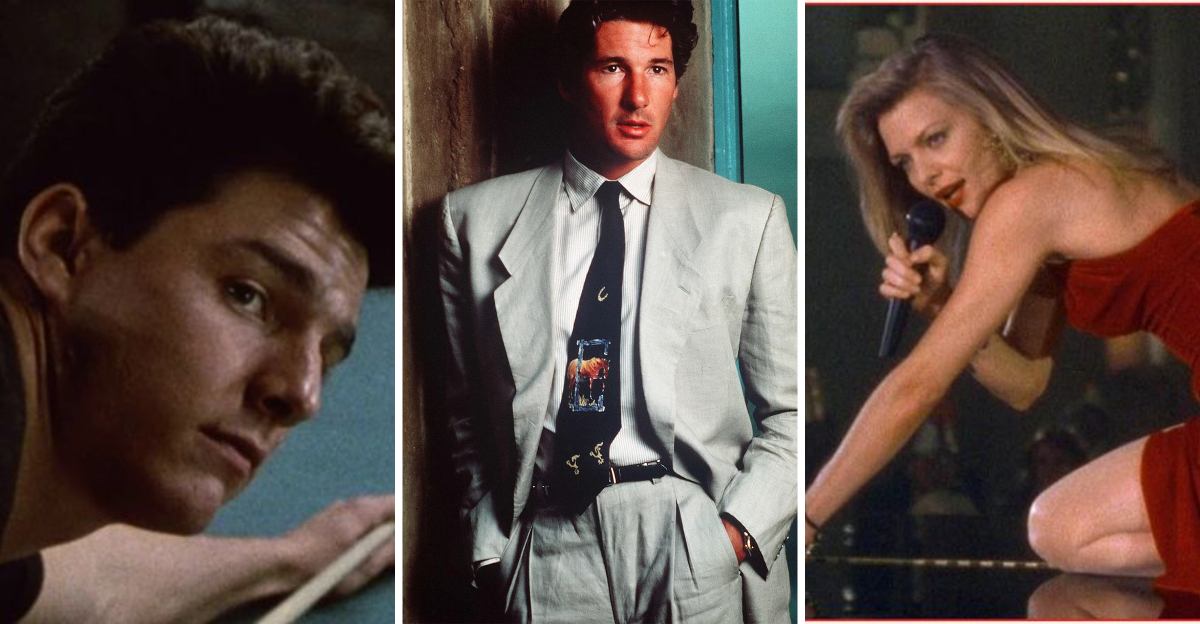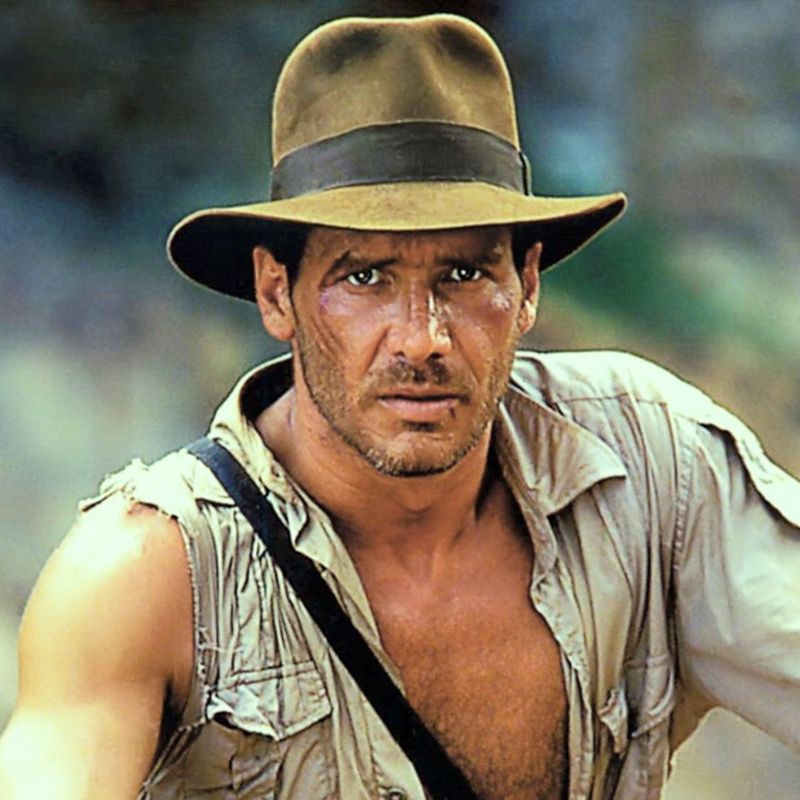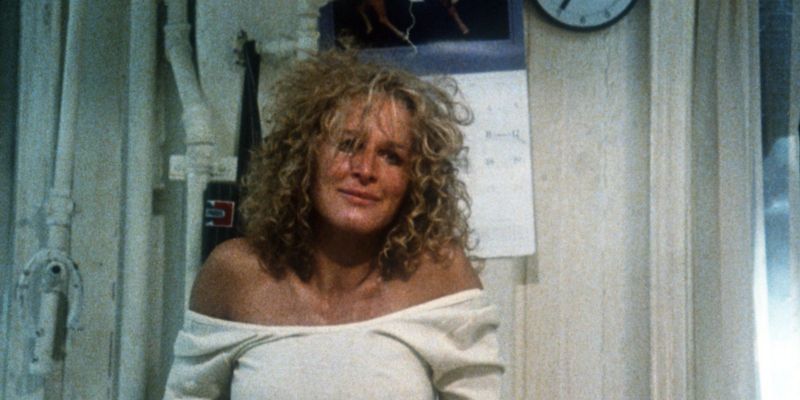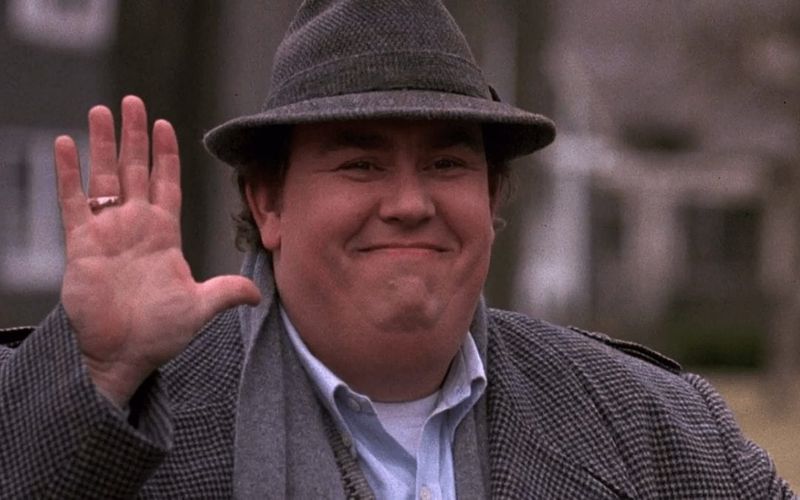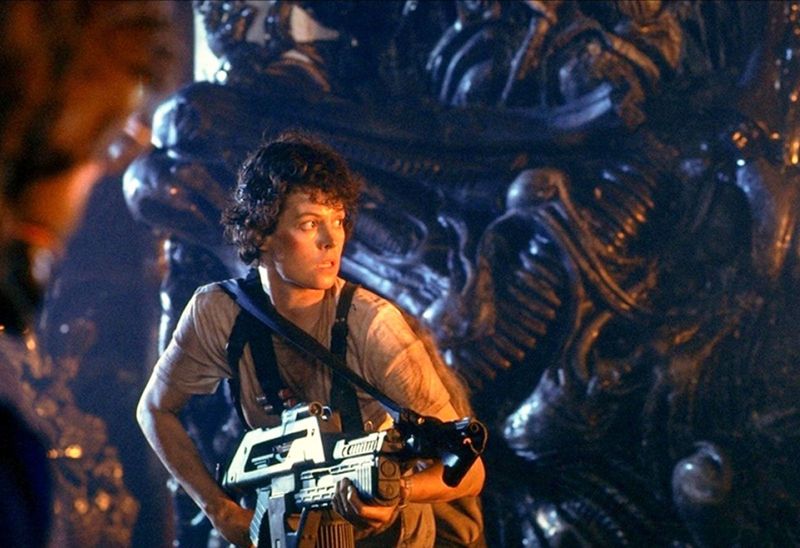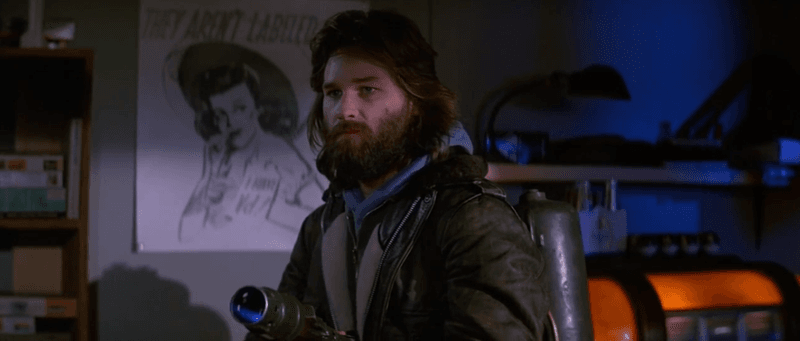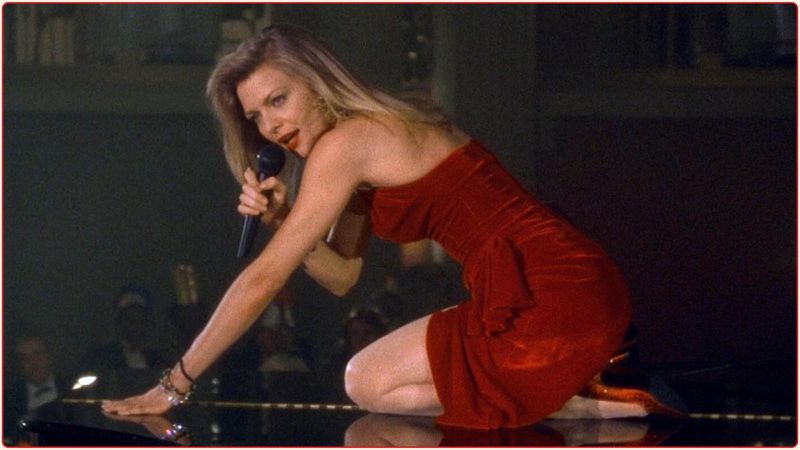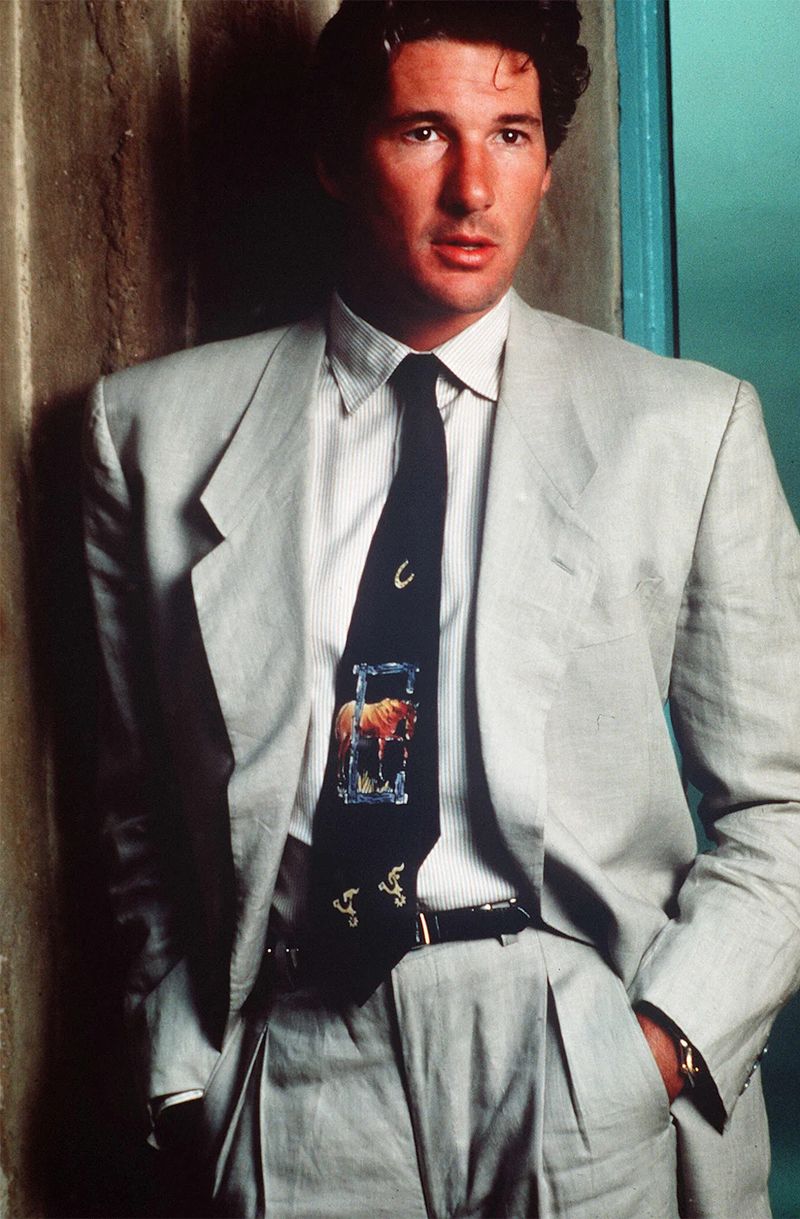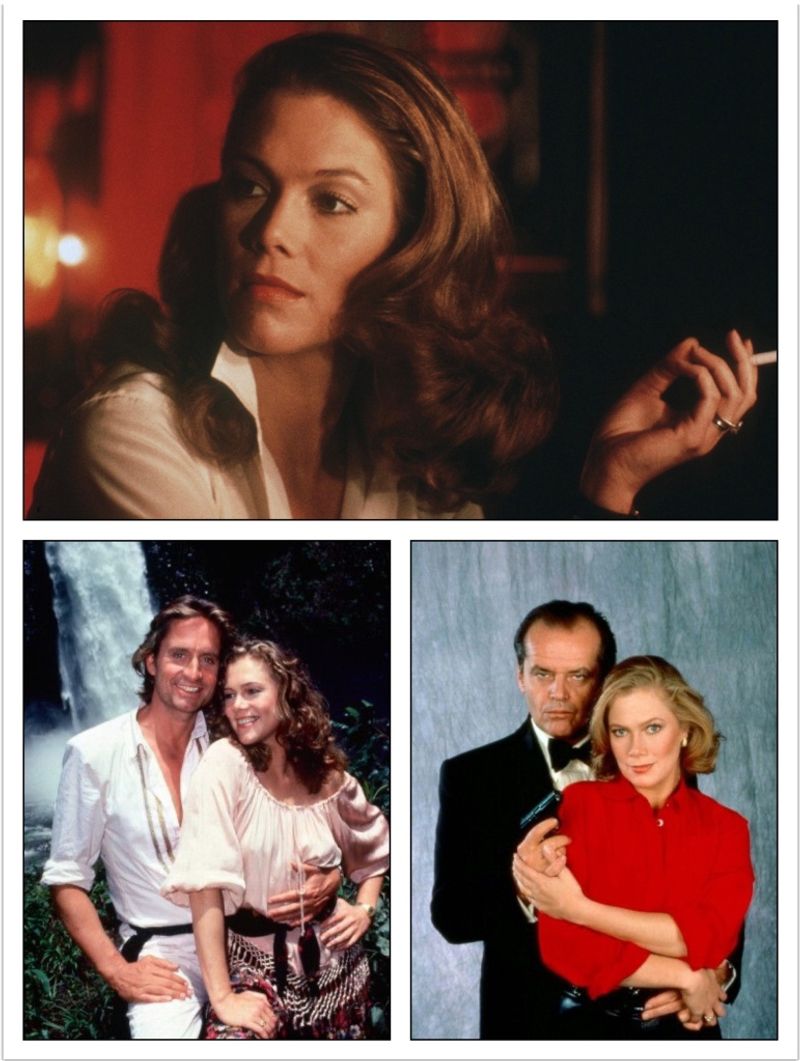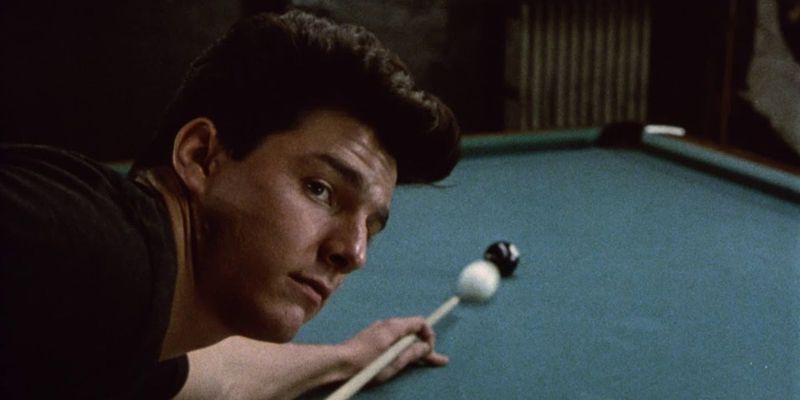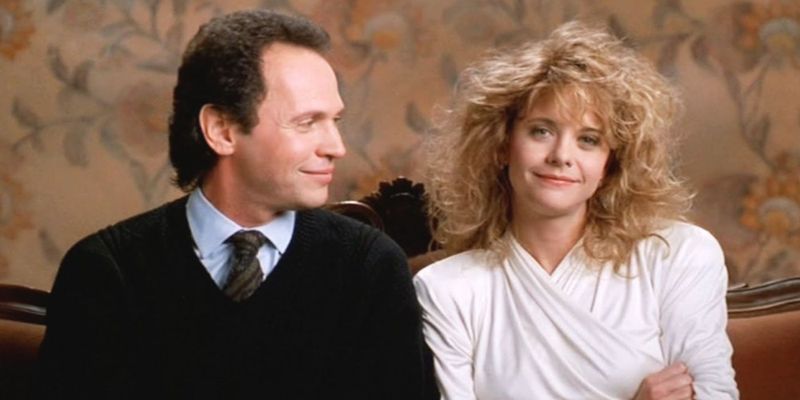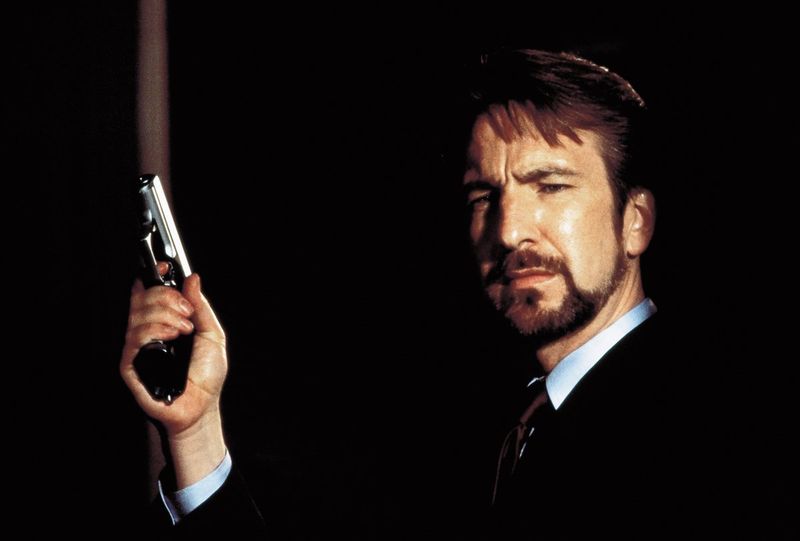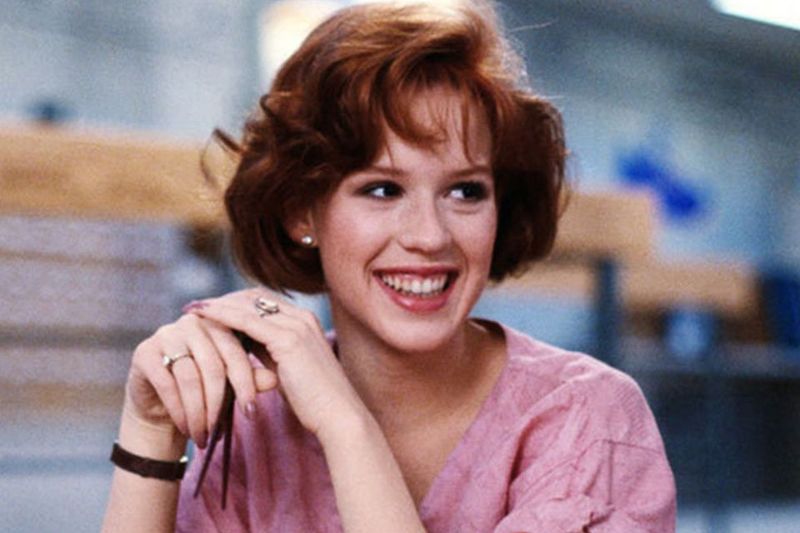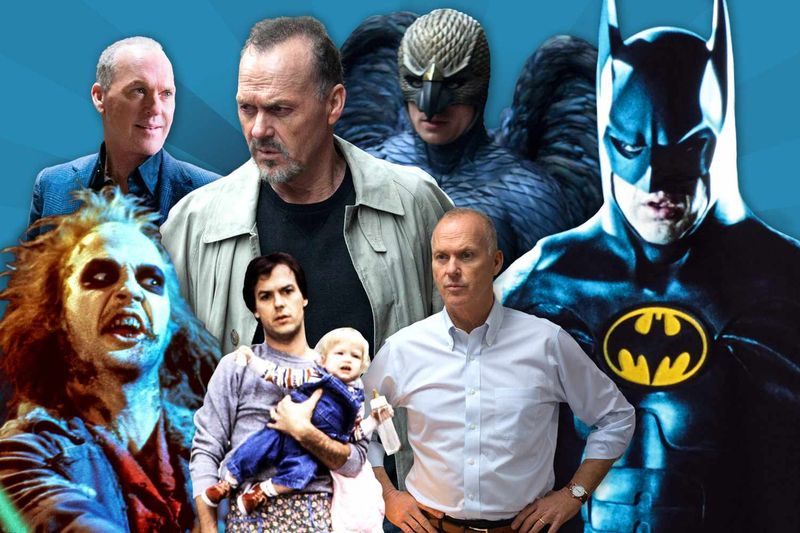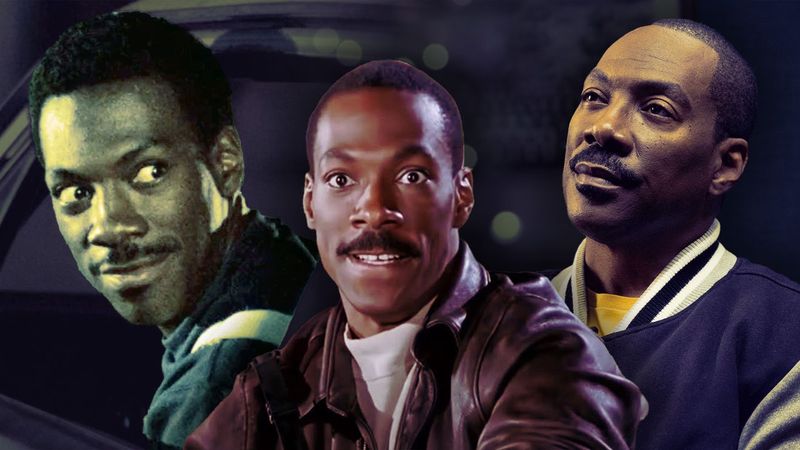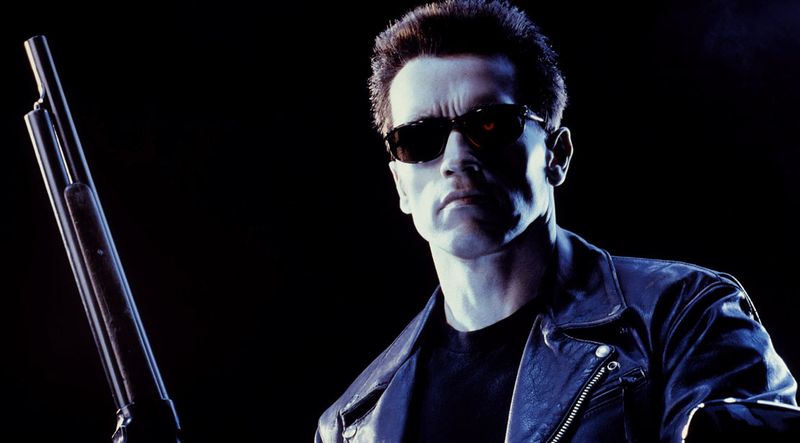The 1980s gave us some of Hollywood’s most unforgettable performances and iconic movie stars. While many talented actors graced the silver screen during this golden decade, not all received the Academy recognition they deserved. Some delivered career-defining roles that still resonate with audiences today, yet the golden statuette somehow eluded them. Let’s look back at fifteen legendary performers from the Reagan era who deserved Oscar glory but never got to make that acceptance speech.
1. Harrison Ford: The Action Hero with Dramatic Depth
The man who brought both Han Solo and Indiana Jones to life dominated ’80s box offices while showcasing remarkable versatility. His nuanced performance in ‘Witness’ (1985) earned Ford his only Oscar nomination, portraying a detective hiding among the Amish with quiet intensity and emotional restraint. What made Ford exceptional wasn’t just his heroic personas but his ability to infuse humanity into larger-than-life characters. In ‘Blade Runner’ (1982), he delivered a masterclass in subtlety as the world-weary Deckard. While William Hurt took home the 1985 Oscar, Ford’s consistent excellence throughout the decade—balancing blockbuster appeal with genuine acting prowess—represents one of Hollywood’s most glaring oversight.
2. Glenn Close: Eight Nominations, Zero Wins
With piercing eyes that could express both vulnerability and menace, Close delivered some of cinema’s most unforgettable characters during the ’80s. Her portrayal of Alex Forrest in ‘Fatal Attraction’ (1987) created a cultural phenomenon, turning a potentially one-note villain into a complex, troubled woman. The Academy recognized her brilliance with three nominations that decade alone. Her cunning Marquise de Merteuil in ‘Dangerous Liaisons’ (1988) showcased her extraordinary range, combining aristocratic elegance with calculating cruelty. Despite losing to Cher and Jodie Foster respectively, Close’s performances have stood the test of time. The fact that she still holds the record for most nominations without a win (eight total) remains one of Oscar’s greatest injustices.
3. John Candy: Comedy’s Heartfelt Giant
Standing 6’2″ and armed with impeccable comic timing, Candy brought warmth to every role he touched. His performance in ‘Planes, Trains and Automobiles’ (1987) transcended typical comedy, creating a character so endearing in his annoying persistence that audiences couldn’t help but love him. The Academy rarely recognizes comedic performances, which explains Candy’s absence from nomination lists. Yet his work in films like ‘Uncle Buck’ and ‘SCTV’ demonstrated remarkable range and humanity. What made Candy special wasn’t just his ability to make audiences laugh—it was how he revealed the tender hearts of outwardly buffoonish characters. His premature death at 43 robbed cinema of countless potential performances worthy of Oscar gold.
4. Sigourney Weaver: The Action Heroine Pioneer
Standing tall in a male-dominated genre, Weaver’s Ellen Ripley in ‘Aliens’ (1986) redefined what a female protagonist could be—tough, vulnerable, and fiercely maternal. The Academy’s bias against science fiction likely cost her the Oscar she deserved for this groundbreaking performance. Making history with dual nominations in 1988 for ‘Gorillas in the Mist’ and ‘Working Girl,’ Weaver demonstrated remarkable versatility. As naturalist Dian Fossey, she brought dignity and passion to a real-life conservation hero, while her corporate villain in ‘Working Girl’ showcased her comedic talents. Few actors could seamlessly transition between battling xenomorphs and boardroom politics. Weaver’s ability to excel across genres while creating strong, complex women characters deserved Academy recognition.
5. Kurt Russell: The Chameleon of Genre Cinema
Russell’s extraordinary range made him the ultimate chameleon of ’80s cinema. From the eye-patched antihero Snake Plissken in ‘Escape from New York’ to the paranoid helicopter pilot MacReady in ‘The Thing,’ he brought gritty authenticity to every role. His work opposite Meryl Streep in ‘Silkwood’ (1983) revealed his dramatic capabilities, portraying the boyfriend of a nuclear whistleblower with subtle complexity. The performance showcased his ability to hold his own against arguably the greatest actress of her generation. Despite critical acclaim, Russell never received an Oscar nomination—a testament to the Academy’s historical bias against genre films. His willingness to take risks and his ability to disappear into diverse characters made him one of the decade’s most versatile yet underappreciated talents.
6. Michelle Pfeiffer: Beauty with Undeniable Depth
Lounging atop a grand piano in a slinky red dress, Pfeiffer’s sultry rendition of “Making Whoopee” in ‘The Fabulous Baker Boys’ (1989) stands as one of cinema’s most seductive scenes. Yet this performance showcased far more than beauty—it revealed her exceptional ability to convey complex emotions with minimal dialogue. Throughout the ’80s, Pfeiffer defied the blonde bombshell stereotype with roles demonstrating remarkable range. Her cocaine-addicted trophy wife in ‘Scarface’ (1983) and her manipulative aristocrat in ‘Dangerous Liaisons’ (1988) revealed an actress willing to embrace deeply flawed characters. Her lone ’80s Oscar nomination for ‘Dangerous Liaisons’ resulted in defeat to Geena Davis. The oversight seems particularly egregious considering how Pfeiffer’s performances continue to resonate decades later.
7. Richard Gere: The Magnetic Leading Man
With his magnetic screen presence and smoldering intensity, Gere defined the ’80s leading man. His transformative performance in ‘An Officer and a Gentleman’ (1982) balanced vulnerability and machismo, creating a character arc that resonated with audiences worldwide. The Academy’s snub for his work in ‘American Gigolo’ (1980) seems particularly shortsighted given how Gere pioneered a new type of male protagonist—beautiful, morally complex, and unafraid to be objectified. His portrayal of corporate raider Edward Lewis in ‘Pretty Woman’ (1990) further showcased his ability to bring depth to potentially one-dimensional characters. Rumors of a rift with the Academy over his political statements about China might explain his lack of nominations. Whatever the reason, Gere’s absence from Oscar history represents a significant oversight.
8. Kathleen Turner: The Voice and Presence of Film Noir Revival
Turner’s husky voice and smoldering screen presence made her the quintessential ’80s femme fatale. Her film debut in ‘Body Heat’ (1981) revitalized film noir for a new generation, combining classic sensuality with modern feminist undertones. Her comedic chops in ‘Romancing the Stone’ (1984) and ‘The War of the Roses’ (1989) revealed remarkable versatility. Turner’s ability to transition between drama, adventure, and dark comedy made her one of the decade’s most exciting performers. Despite earning a Best Actress nomination for ‘Peggy Sue Got Married’ (1986), she lost to Marlee Matlin. Turner’s rheumatoid arthritis diagnosis in the early ’90s sadly curtailed a career that seemed destined for Oscar glory, making her ’80s snubs even more poignant in retrospect.
9. Tom Cruise: The Superstar Who Delivered the Goods
Before becoming Hollywood’s most bankable action hero, Cruise delivered a string of nuanced ’80s performances that showcased remarkable depth. His portrayal of ambitious pool hustler Vincent in ‘The Color of Money’ (1986) held its own against Paul Newman’s Oscar-winning performance. Cruise’s transformation into paralyzed Vietnam veteran Ron Kovic in ‘Born on the Fourth of July’ (1989) represented a career-defining moment. The physical and emotional demands of the role revealed an actor willing to push boundaries far beyond his heartthrob image. Despite losing the 1989 Oscar to Daniel Day-Lewis, Cruise’s work throughout the decade—from the vulnerable Joel in ‘Risky Business’ to the autistic brother in ‘Rain Man’—demonstrated range that transcended his movie star status.
10. Meg Ryan: The Queen of Romantic Comedy
Ryan’s performance in ‘When Harry Met Sally’ (1989) created one of cinema’s most iconic moments—the infamous deli scene where she convincingly fakes an orgasm. Beyond that comedic tour de force, her portrayal of Sally Albright offered a masterclass in romantic comedy acting, balancing neurotic charm with genuine emotional depth. The Academy’s historical bias against romantic comedies explains Ryan’s absence from nomination lists. Yet her work in films like ‘Top Gun’ (1986) and ‘Innerspace’ (1987) demonstrated range beyond her rom-com persona. Ryan’s ability to create female characters who were simultaneously vulnerable and strong, quirky and relatable, influenced a generation of actresses. Her performances remain the gold standard for the genre, making her Oscar snubs particularly glaring.
11. Alan Rickman: The Villain with Impeccable Timing
Rickman burst onto the Hollywood scene with his deliciously wicked Hans Gruber in ‘Die Hard’ (1988)—a performance that redefined action movie villainy. With his impeccable timing and velvety voice, he elevated what could have been a stock character into an unforgettable antagonist combining menace with sardonic wit. The Academy rarely recognizes performances in action films, explaining Rickman’s absence from nomination lists. His theatrical background brought gravitas to every role, whether playing Jamie in ‘Truly, Madly, Deeply’ or the Sheriff of Nottingham in ‘Robin Hood: Prince of Thieves.’ Rickman’s ability to find humanity in seemingly irredeemable characters demonstrated exceptional craft. The fact that he never received an Oscar nomination throughout his distinguished career remains one of the Academy’s most egregious oversights.
12. Molly Ringwald: The Voice of a Generation
As John Hughes’ muse, Ringwald created a trilogy of teenage heroines that defined ’80s adolescent cinema. Her portrayal of outsider Samantha Baker in ‘Sixteen Candles’ (1984) captured the awkwardness and yearning of youth with remarkable authenticity. The Academy’s bias against teen-oriented films explains Ringwald’s absence from nomination lists. Yet her performance as Claire Standish in ‘The Breakfast Club’ (1985) demonstrated exceptional emotional range, particularly in the famous scene where she applies lipstick without using her hands. Ringwald’s work in ‘Pretty in Pink’ (1986) further cemented her status as the voice of a generation. Her ability to portray teenage girls with dignity, complexity, and without condescension revolutionized how young women were depicted on screen.
13. Michael Keaton: From Comedy to the Caped Crusader
Keaton’s remarkable versatility defined his ’80s career trajectory. Beginning as a comedic actor in films like ‘Night Shift’ (1982) and ‘Mr. Mom’ (1983), he demonstrated impeccable timing and an everyman quality that resonated with audiences. His maniacal performance as the title character in Tim Burton’s ‘Beetlejuice’ (1988) showcased his willingness to take risks, creating a character simultaneously repulsive and magnetic. The controversial casting as Bruce Wayne/Batman in 1989 revealed his dramatic capabilities, silencing critics who doubted his ability to portray the iconic superhero. Despite critical acclaim, Keaton received no Oscar recognition during this prolific decade. The Academy’s historical bias against both comedic performances and comic book films likely explains these oversights, which seem particularly shortsighted given his later career renaissance.
14. Eddie Murphy: The Comedy Revolutionary
Murphy exploded onto the ’80s cinema landscape with raw energy and boundless charisma. His portrayal of fast-talking cop Axel Foley in ‘Beverly Hills Cop’ (1984) revolutionized the action-comedy genre, combining genuine police procedural elements with Murphy’s unique comedic voice. The Academy’s reluctance to recognize comedic performances explains Murphy’s absence from nomination lists. Yet his work in ’48 Hrs.’ (1982) and ‘Trading Places’ (1983) demonstrated remarkable range, addressing racial dynamics with both humor and insight. Murphy’s ability to play multiple characters in films like ‘Coming to America’ (1988) showcased extraordinary versatility. His transformation from ‘Saturday Night Live’ sensation to global movie star represented one of the decade’s most significant Hollywood success stories—one the Oscars shamefully ignored.
15. Arnold Schwarzenegger: The Austrian Oak Who Conquered Hollywood
Schwarzenegger’s transition from bodybuilding champion to Hollywood superstar represents one of cinema’s most unlikely success stories. His portrayal of the T-800 in ‘The Terminator’ (1984) created an iconic character that transcended the sci-fi genre, delivering the perfect blend of menace and machine-like precision. The Academy’s bias against action films explains Schwarzenegger’s absence from nomination lists. Yet his performance in ‘Predator’ (1987) demonstrated surprising depth, while his comedic timing in ‘Twins’ (1988) revealed unexpected versatility. Arnie’s limited acting range actually worked to his advantage in roles requiring stoic presence. His ability to convey emotion through minimal expression—particularly in ‘The Terminator’—created a new template for action heroes that influenced decades of cinema.
